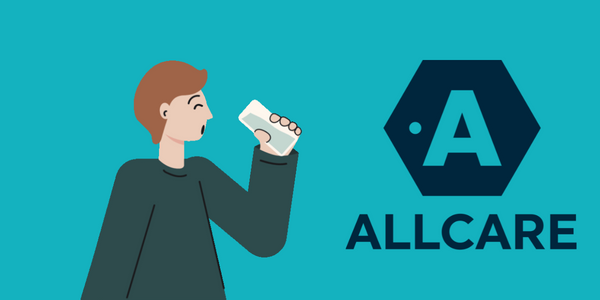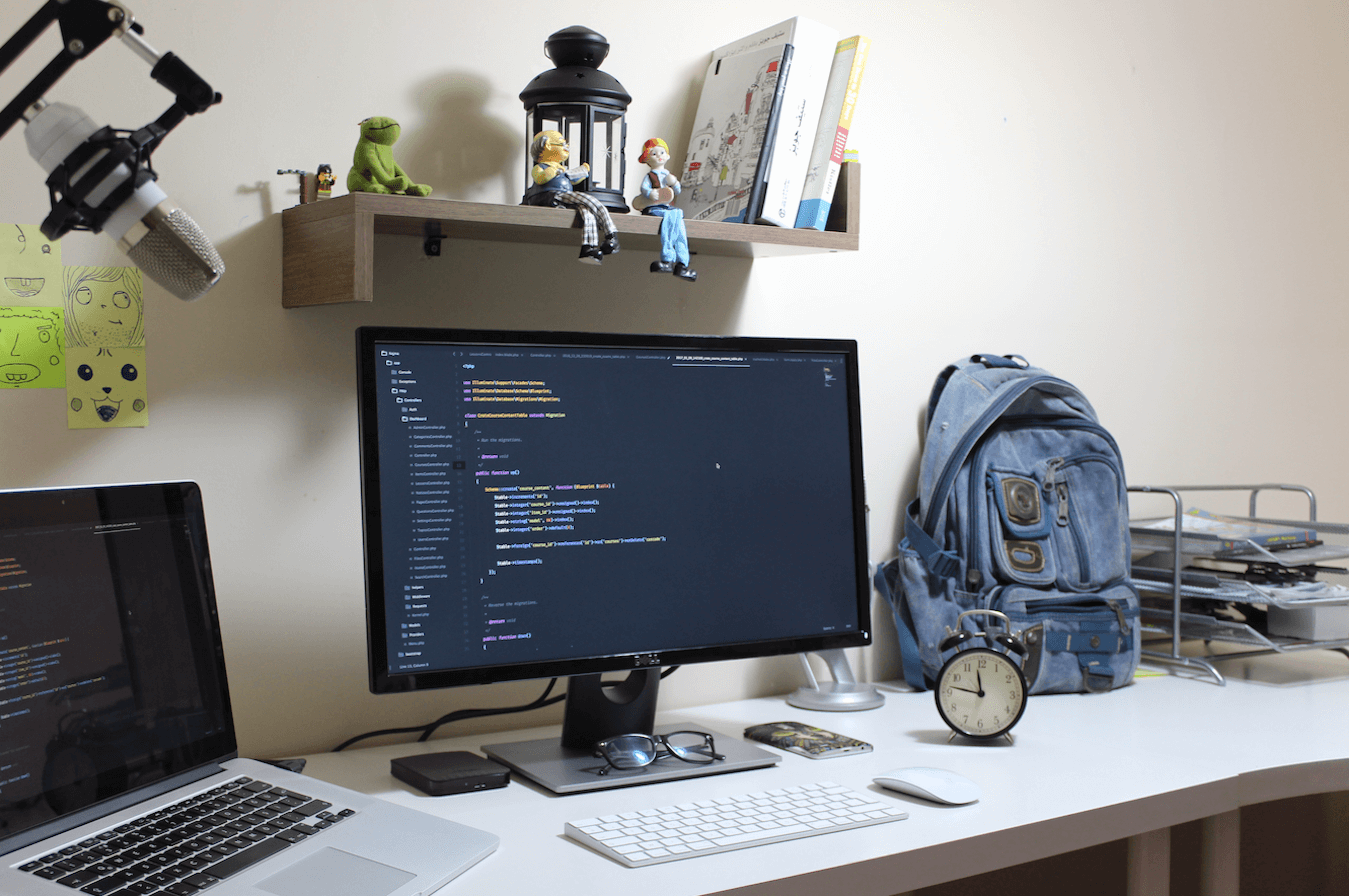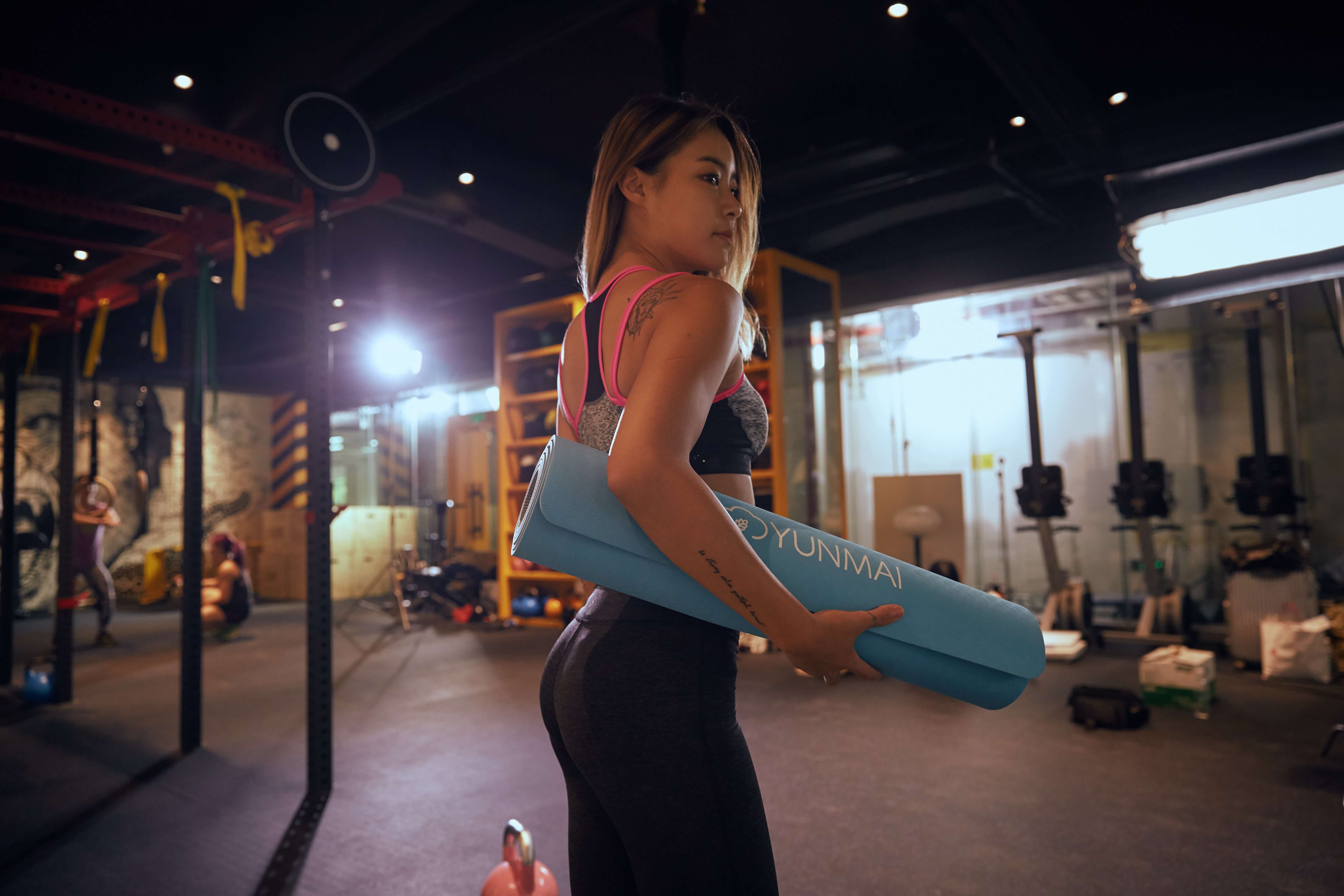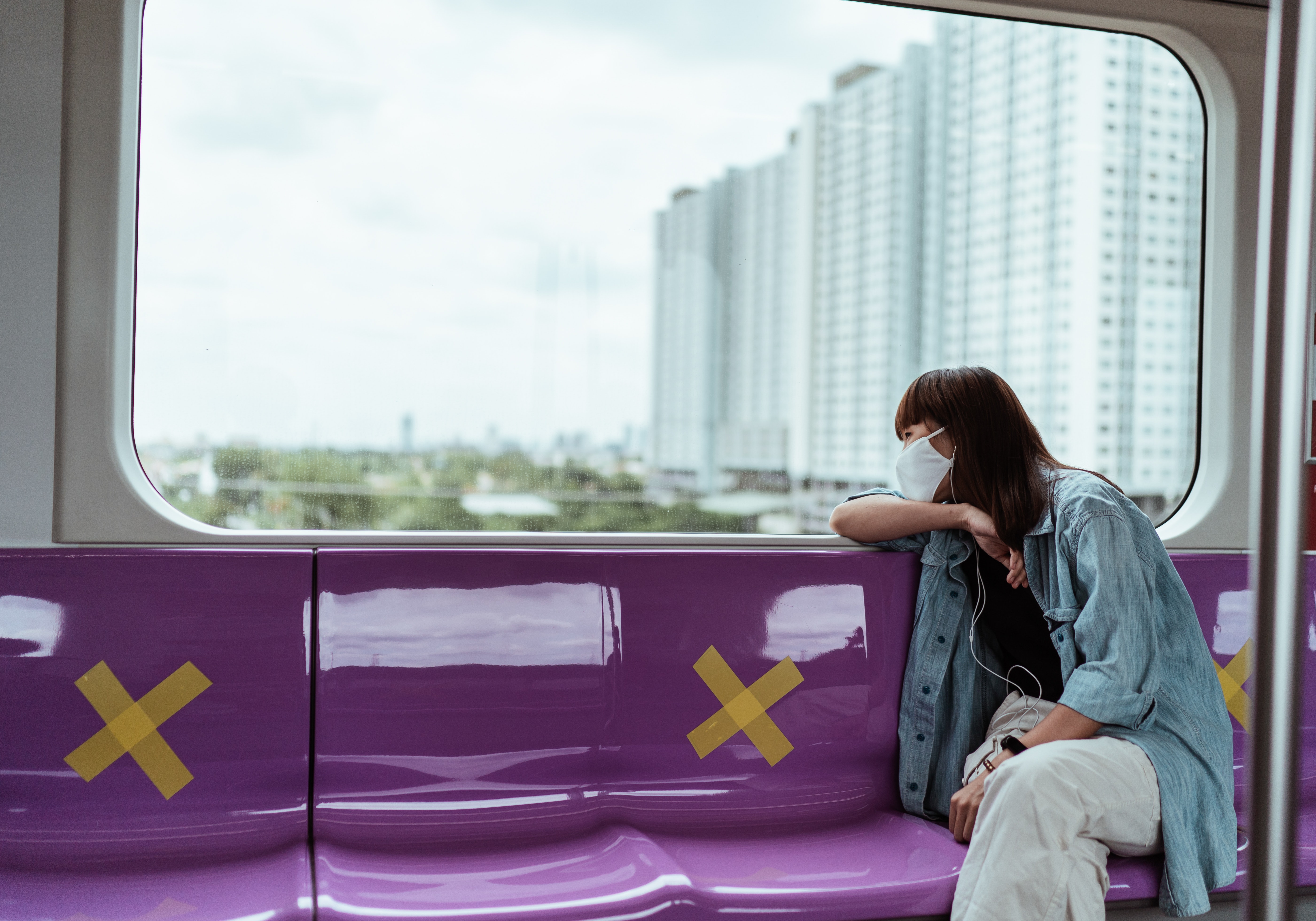As the economy re-opens amidst the pandemic, transportation has become a major concern for those who highly depend on their mobility to get to and from work. Most employees nowadays have jobs that require them to travel from city to city, especially those with jobs in Metro Manila. Mobility has always been one of the most important aspects of daily living pre-ECQ.
Work has begun anew for Filipinos under the General Community Quarantine (GCQ), while the mass transportation system in the country is at reduced working capacities since the Metro-rail Train systems can no longer be used to transport too many passengers at a time to comply with the new mandate on social distancing. Likewise, only a limited number of buses have been deployed, with provincial buses still being banned from operating to and from Metro Manila.
Services such as Grab are highly sought out for by the travelling public as an alternative. Grab’s return does not come without a price, and under the “new normal,” passengers and drivers alike will have to make numerous adjustments to cope with the pandemic. Once Grab is back on the road, the company intends to implement its own set of safety measures in compliance with the minimum standards set by the government, in order to avoid the spread of COVID-19 while still providing services to the public. Despite its awaited return, certain individuals, such as those above 60 years old and below 21 years old will still not be allowed to travel under the GCQ. Thus, public utility operators must ensure that the passengers they accept follow GCQ guidelines as well.
Contactless modes of payment have also been pushed for by the government. Likewise, for the passengers who end up taking a Grab, the modes of payment that are allowed are through GrabPay or Credit/Debit Cards, without any option for Cash payments. This is in order to promote contactless transactions.
To comply with the government’s minimum standards for disinfecting and cleanliness, all passengers of any public vehicle must wear face masks at all times. The vehicle must also be disinfected regularly after every trip, and an acetate barrier shall be installed between the driver and passenger, for vehicles such as TNVS and taxi cabs.
For private vehicles, the MMDA has opted not to impose any restrictions on the number of vehicles allowed on the road on the first week of GCQ, though private vehicles are also not allowed to fill their seating capacity to comply with social distancing.
Additionally, only essential travel is allowed under GCQ, which means that only those who need to purchase essential goods such as food, medicine, and utilities may be allowed to travel to and from cities, as well as those who require inter-city travel to get to and from work. For those who opt to travel for leisure or other non-essential purposes, government guidelines provide that this may only be done after the transition from a Modified GCQ to the “new normal.”

Related Articles

Dec 17, 2019

Jun 29, 2022

Apr 21, 2020

Jan 16, 2020

Jun 26, 2020


